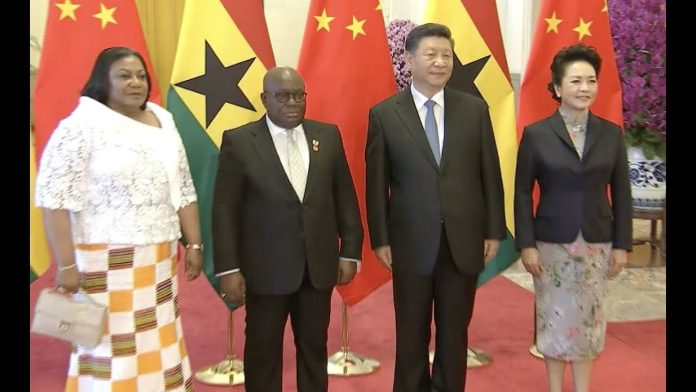African leaders emphasize the need for China to transition focus from infrastructure development to local industrialization during the eve of the BRICS summit.
The Africa Continental Free Trade Agreement (AfCFTA) reinforces the call for China’s strategic shift, aiming to promote duty-free trade among African nations.
China’s response includes discussions with African leaders on industrialization plans, with predictions of increased investment from small and medium-sized Chinese businesses in Africa’s development.
China’s senior African diplomat stated on Tuesday during a briefing on the sidelines of the BRICS summit in South Africa that African governments want China to change its focus from developing infrastructure on the continent to local industrialization, according to a report by Reuters.
“African integration is already escalating and many African countries (have) asked China to consider (a) shift (of) our focus,” the director-general of China’s Department of African Affairs at its foreign ministry, Wu Peng, stated.
Read more: UK Govt pledges support for Edo, Okomu Oil in forest preservation
The Africa Continental Free Trade Agreement (AfCFTA), which was introduced at the beginning of 2021 and is meant to allow African countries to trade duty-free in the future, Wu said, made the shift all the more necessary.
On the eve of the BRICS summit, which will be held in South Africa from August 22 to 24, China discussed its intentions for the industrialization of Africa with African leaders during a special roundtable.
According to Boston University, Chinese lenders, largely state-owned banks, promised to finance $160 billion to African nations between 2000 and 2020.
After the President of China, Xi Jinping announced the “Belt and Road Initiative” in 2013 to finance infrastructure in underdeveloped nations, loan pledges skyrocketed. However, they subsequently and radically dropped from a peak of $28.4 billion in 2016 to $1.9 billion in 2020.
Wu stated that the “urgent” debate of “emergency issues” couldn’t wait until the Forum for China-Africa Cooperation, the annual gathering of Chinese and African ministers, which is scheduled to take place in 2019. Additionally, he predicted a rise in Chinese investments in Africa, particularly from small and medium-sized businesses.
“No matter what happens about the global economy, or Chinese economy, the trend in the relatively midterm or long range, (is that) Chinese companies are willing to take some risk (to) go into Africa,” Wu added.













